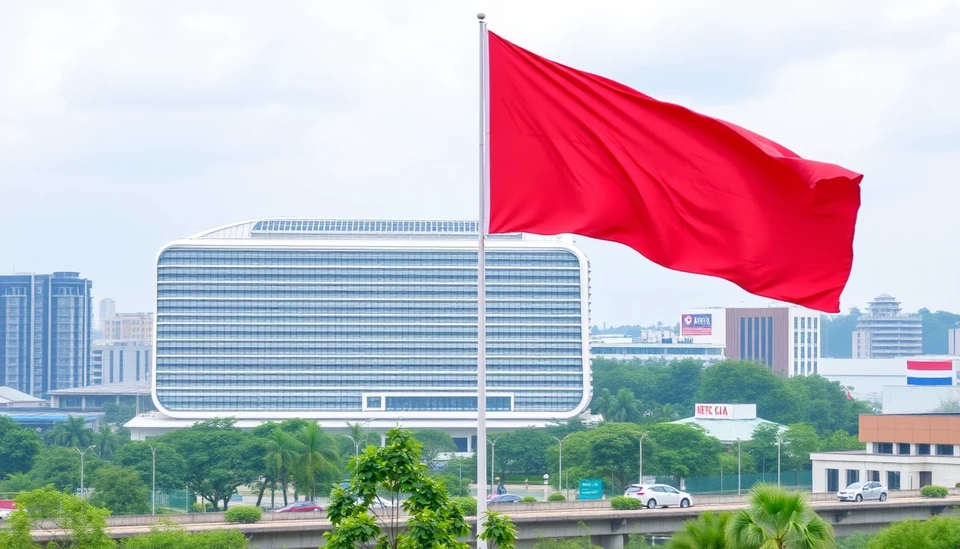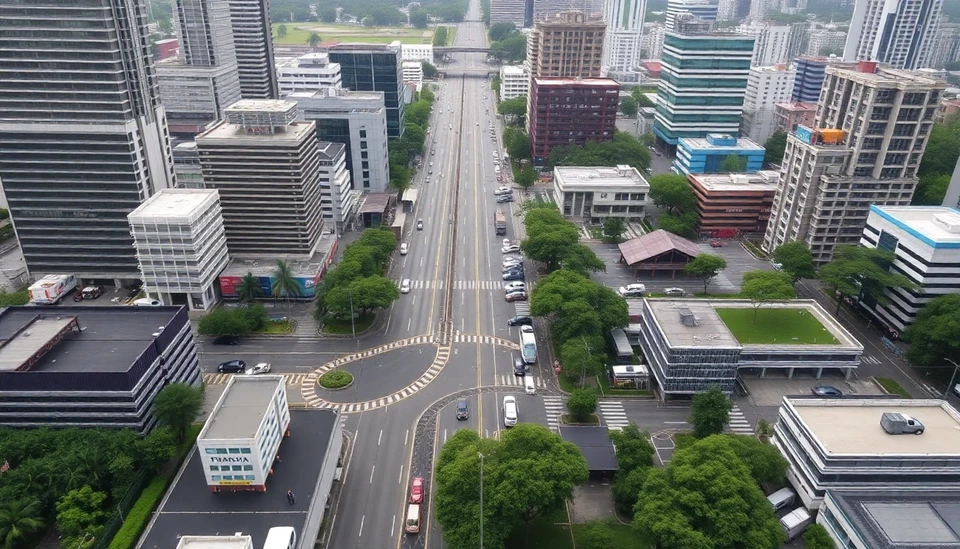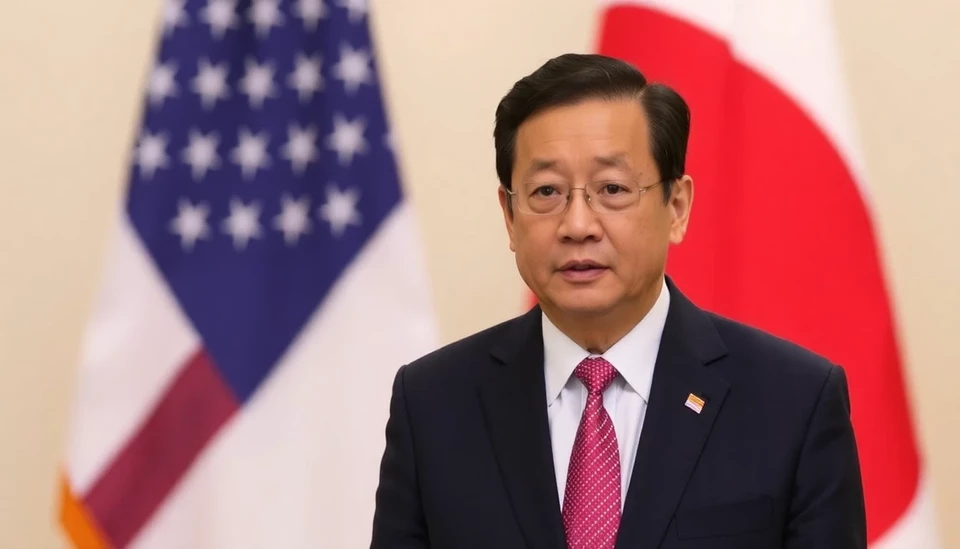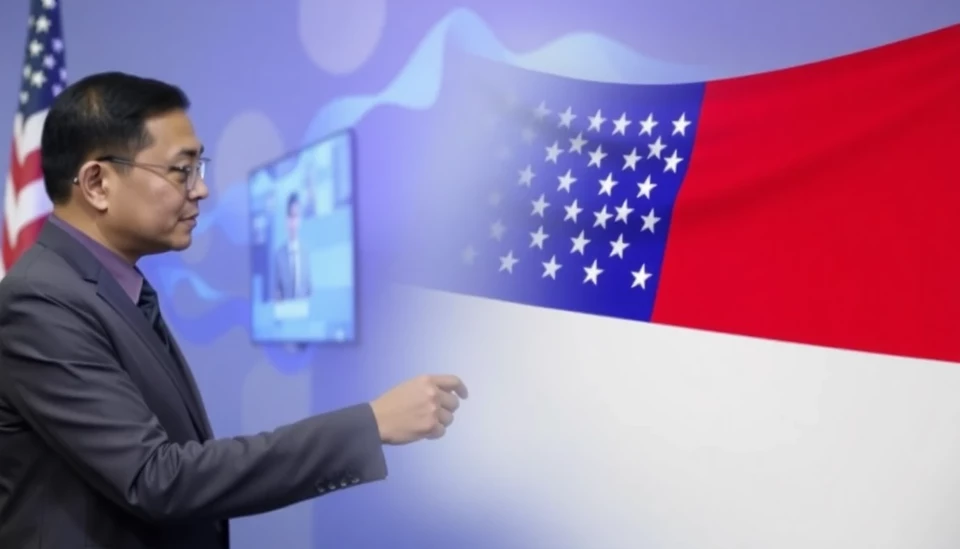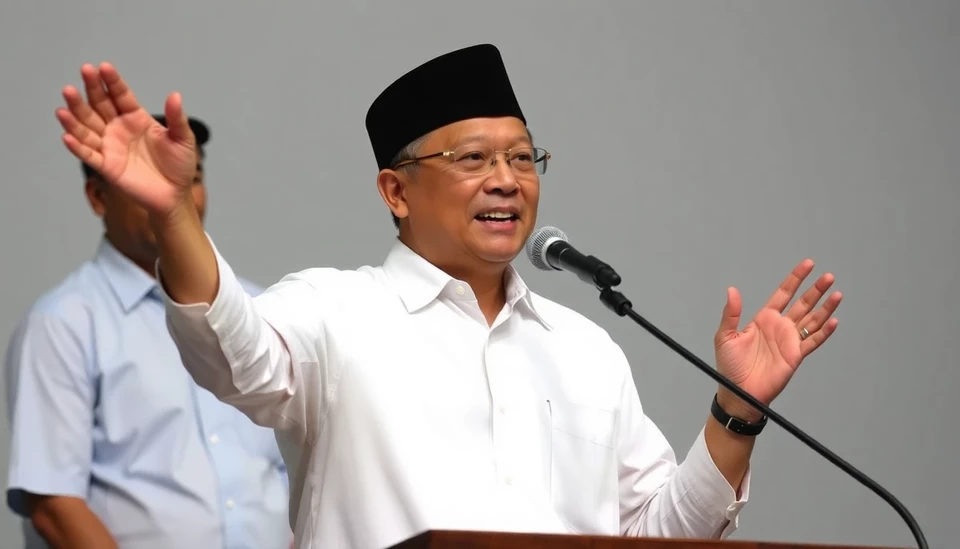
Recent developments in Indonesian politics have seen Defense Minister Prabowo Subianto reach out to a high-profile rival, former President Megawati Sukarnoputri, amid growing concerns over economic pressures stemming from pending tariffs imposed by the United States. The ongoing economic landscape appears to foster an increased urgency for collaboration between rival factions as Indonesia seeks to mitigate potential fallout from external pressures.
The revival of communication between Prabowo and Megawati is notable, considering their history of intense political rivalry. Megawati, the former president and current leader of the Indonesian Democratic Party of Struggle (PDIP), has been a pivotal figure in Indonesian politics. The recent discussions seem focused on uniting their political forces in anticipation of the formidable challenges posed by US trade policies, which are projected to disrupt Indonesia’s export-dependent economy.
As a country that relies significantly on exports, Indonesia has long been cautious about maintaining its trade relationships, particularly with the United States, which has implemented a series of tariffs affecting various sectors. The domestic textile, automotive, and electronics industries, which form the backbone of Indonesian exports, are likely to be the most impacted should tariffs increase further. An effective response from Indonesia’s political leadership is paramount to safeguard the economic stability that the country has strived to achieve.
Prabowo has openly acknowledged these concerns during a recent press conference, stating, “We must find ways to strengthen our economy and protect our industries from external shocks such as tariffs.” His overture to Megawati signals a desire to build a unified front, a strategy that could resonate with the Indonesian populace who might favor cohesion during trying times.
Analysts suggest the potential alliance could redefine the political landscape ahead of the upcoming elections, with both leaders possessing substantial political clout. Should they decide to formalize their collaboration, they could effectively consolidate their voter bases and present a comprehensive economic plan to the electorate, thereby potentially mitigating the adversities posed by international trade dynamics.
Moreover, the backdrop of these discussions is a critical moment for Indonesia as it aspires to bolster its economic reforms to attract foreign direct investment (FDI). Investors are watching Indonesia closely, particularly how it navigates its relationship with the U.S., given the latter's influence on global tariff policies. Strengthening internal political ties could be an essential step in demonstrating Indonesia's resilience in the face of external economic pressures.
In conclusion, as Prabowo seeks to forge a working relationship with Megawati, the broader implications for Indonesian politics and its economy are profound. The confluence of internal unity against external economic threats may shift the rules of engagement, compelling political rivals to consider the larger picture at stake. Both leaders hold the potential to steer Indonesia through turbulent economic waters if they can successfully align their visions for the country's future.
As developments continue to unfold, observers are keenly awaiting how this unexpected rapprochement might influence both the political and economic trajectory of Indonesia in the months to come.
#Indonesia #Politics #Trade #USTariffs #Megawati #Prabowo #Economy #Collaboration #Election2024
Author: Daniel Foster

